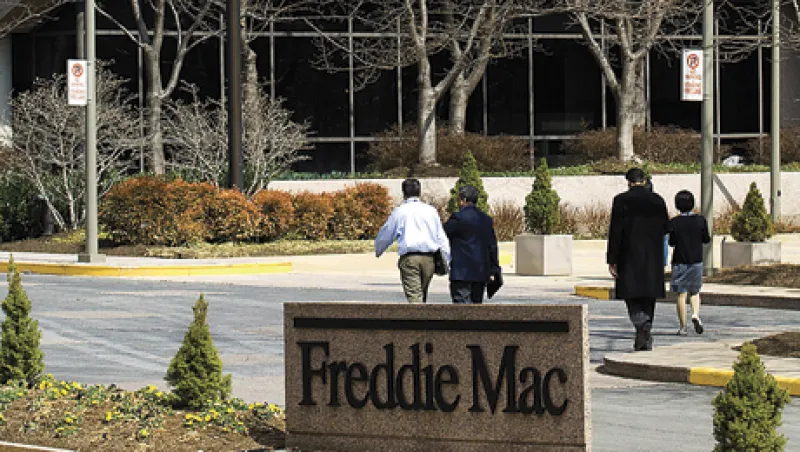
Robo-Signing Settlement Not Enough: Freddie Mac's Bostrom
Robert Bostrom, former general counsel of Freddie Mac, has warned that the $25 billion mortgage settlement over robo-signing ignores potential civil and criminal claims.
Ben Baris
March 20, 2012


